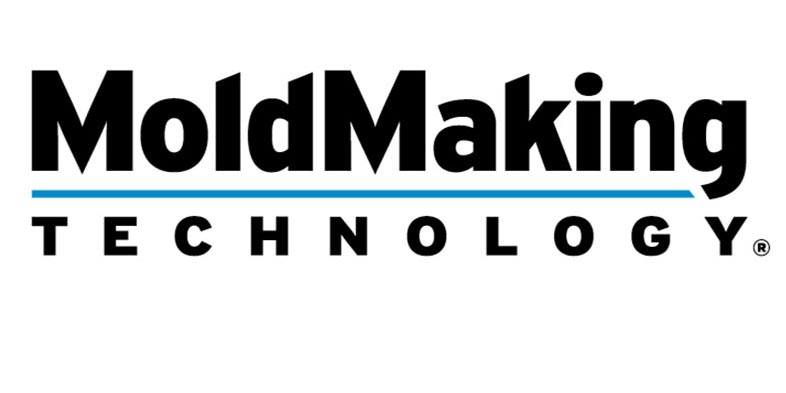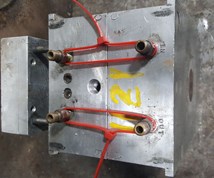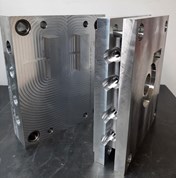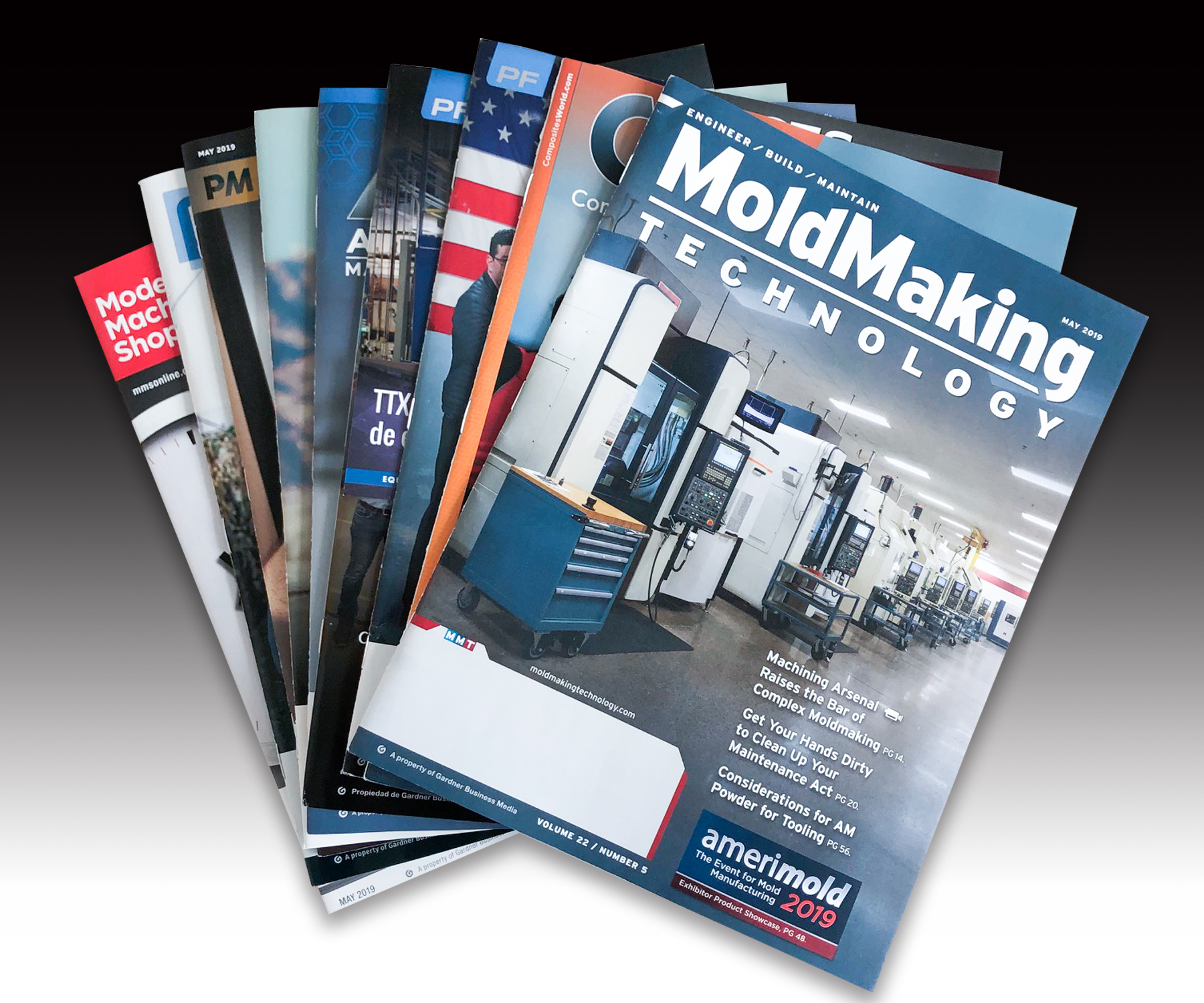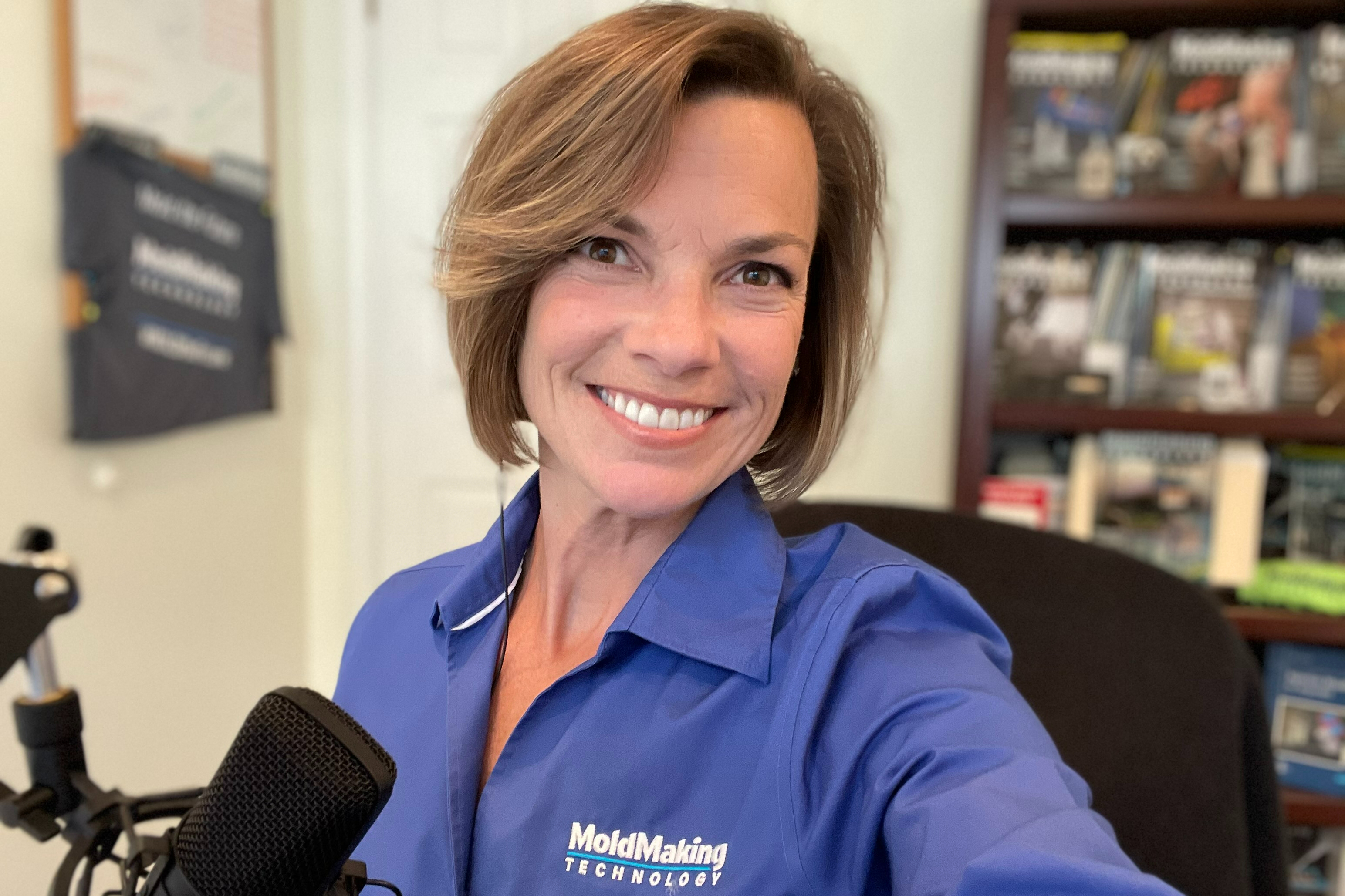The Skills Gap Goes Mainstream
The past few years have seen news coverage of the skilled worker shortage expanding beyond trade publications like this one. Here are a few recent examples.
#Regulations
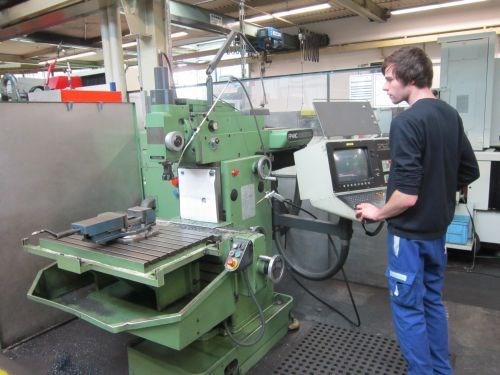
This apprentice works for Heck & Becker, a die-cast die manufacturer I visited last year in Germany for a profile article. Training initiatives at European companies like this form the basis of various U.S. programs like NCTAP, which I covered a few months later.
I am NOT a morning person, so the typical boisterous, early-a.m. radio program makes me feel like someone is driving nails into my skull. I also try to stay informed, preferably with thoughtful news programs that dive deep and stick to the facts rather than skimming the surface and harping on fear or a particular political agenda. Thus, during my commute to work every morning, my car is always filled with the calm, soothing, reliable voices that, these days, seem hard to find outside of National Public Radio.
Last Thursday, however, I perked up much quicker than usual when I started up my car. I typically don’t expect to hear anything about mold tooling on Morning Edition, but there it was—Jeromy Arnett, manager at Easley, South Carolina-based United Tool and Mold, answering questions about his company’s struggles with the skilled labor shortage. To address the problem, this provider of repair and engineering change services joined a training program started by the state in 2007: Apprenticeship Carolina. Like some of the programs we’ve covered in MoldMaking Technology (NCTAP, for instance), the program is based largely on systems that have been in place for centuries in countries like Germany and Switzerland.
Featured Content
In addition to detailing that particular program, the story offers a wealth of broader information, including statistics on apprenticeship, the advantages (and disadvantages) of these programs, and some of their chief hurdles, such as getting parents on board. The comments section is pretty interesting as well. Visit NPR's website to read and/or listen to the story.
That’s not the only recent piece NPR has published on this issue. On October 23, Morning Edition ran a story about how modern manufacturing jobs are no longer dirty, dangerous and low-skill. On October 29, All Things Considered hosted a discussion on the skills gap. Such coverage isn’t limited to NPR. A few weeks back, I wrote about how CNN has gotten in on the act, albeit in a slightly different fashion.
This trend isn’t anything new. In the past few years, I’ve been hearing more about this issue from mainstream media outlets than ever before. Recently, however, it seems to have gained even more steam. I don’t think anyone could argue that’s anything but positive.
RELATED CONTENT
-
Benefits of Automating Employee Performance Management
How to drive high employee performance, increase employee engagement and retention, and ensure your business has the critical skills it needs to remain competitive.
-
Identifying and Examining Training Constraints
Finding, Training & Retaining Employees, Part 13
-
Mexico: Manufacturing Mecca to the South
A mold-building perspective on Mexico’s manufacturing opportunities, trends and challenges.


